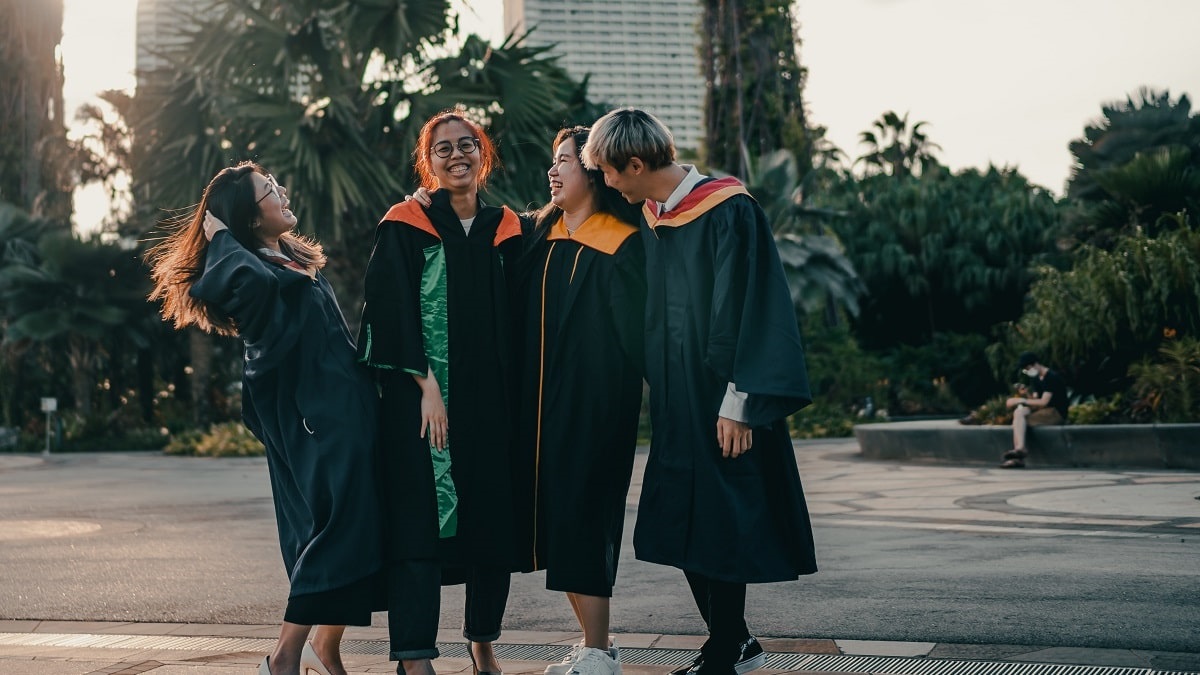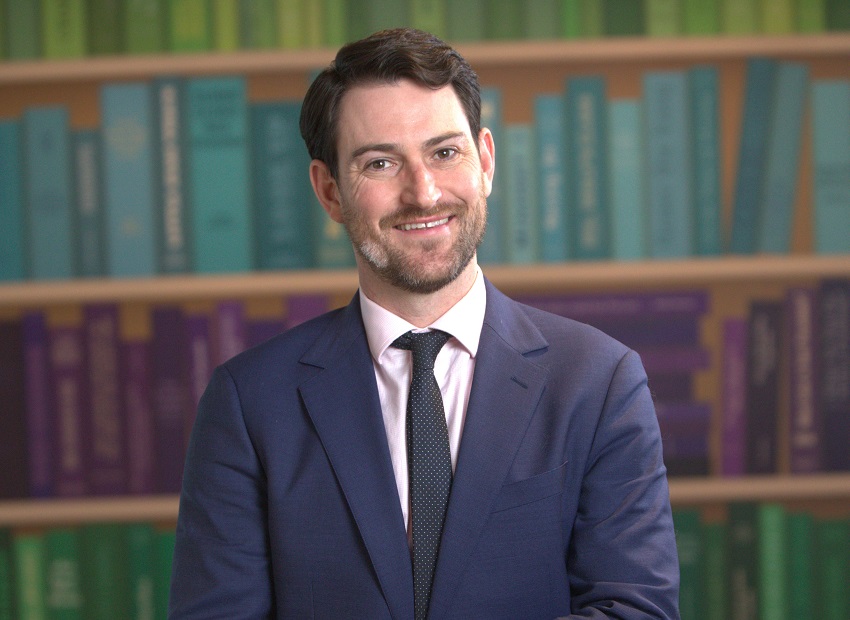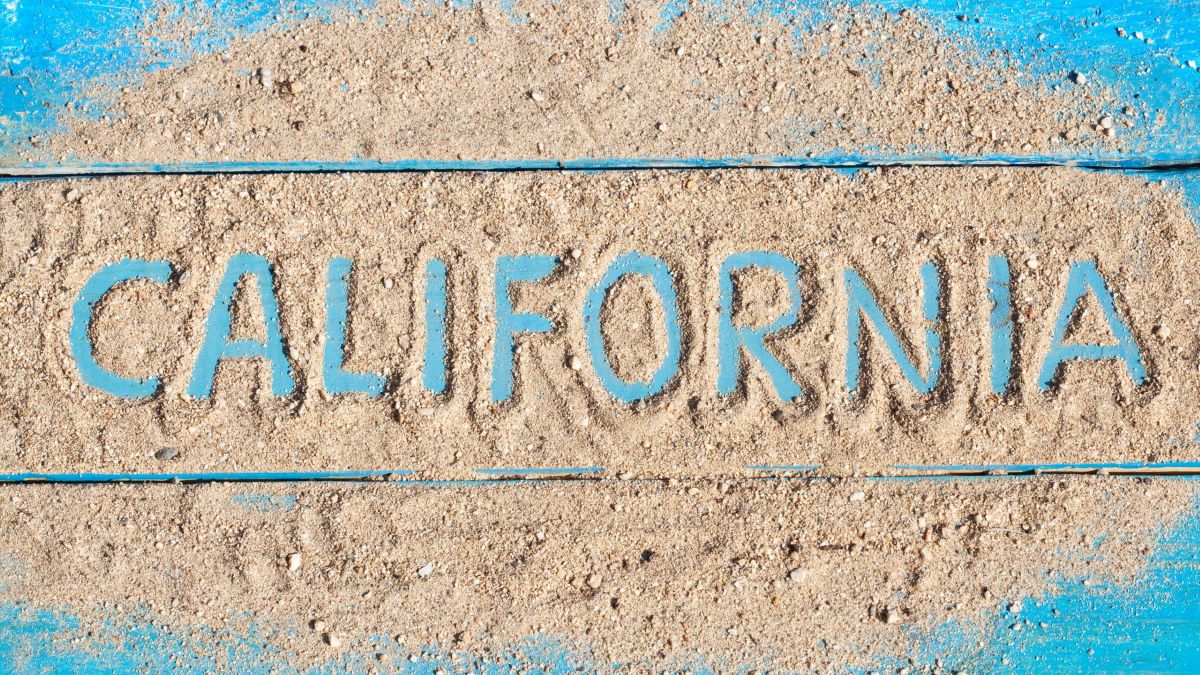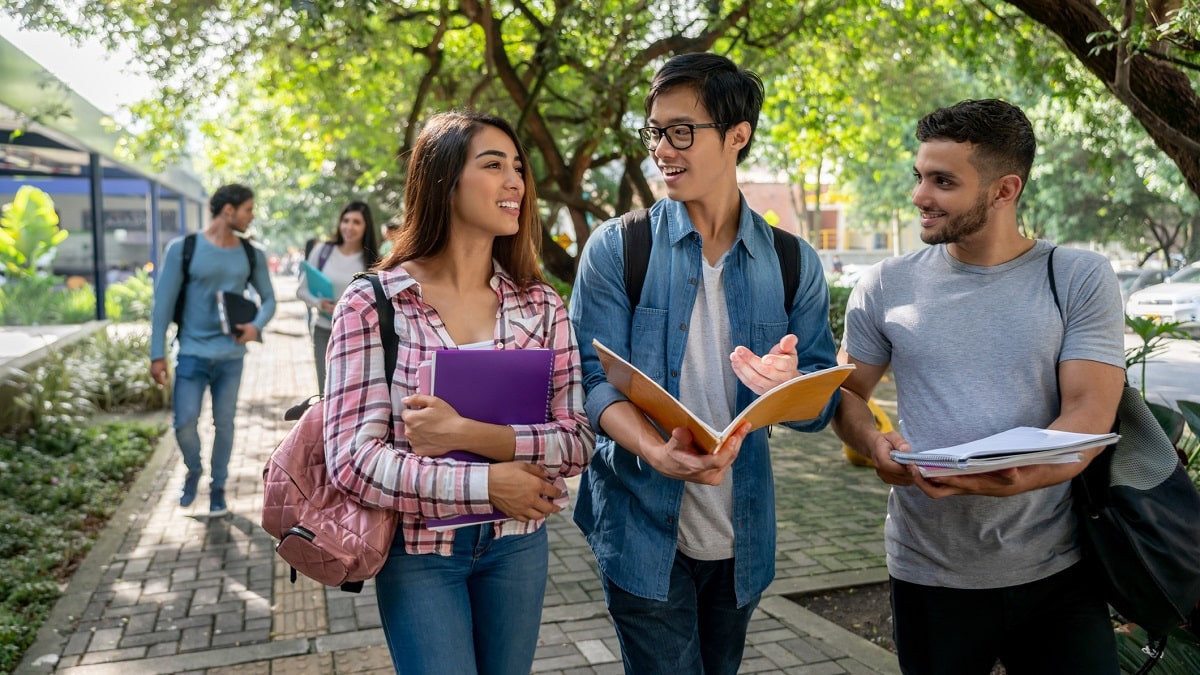The Value of Asian American Studies Programs
In a difficult two-year period in which a pandemic entangled with race and identity has resulted in acts of prejudice from the casual and careless to the violent and intrusive, many Asian Americans have stood up to shout their truths and share their experiences. On college campuses, where the voices of young people are always enthusiastic and often persuasive, many Asian American students have called on their institutions to provide better services and broader academic options for students who identify as Asian American and Pacific Islander (AAPI).
One trend that has come to many institutions is the push for an Asian American studies program, complete with an academic major and a cabinet of tenured faculty, with a focus on the particular experiences of Asian Americans. These programs are interdisciplinary in nature, giving students a foundation in aspects of American Studies—through history, humanities, and social science coursework—while also offering areas of specialization for those issues specifically connected to the Asian American experience. The post-graduation pathway for alums from these programs is not rigid; according to Williams College, which offers a concentration in Asian Studies, graduates in cultural studies most often go on to careers in law, education, finance, and medicine.
It may come as no surprise that the longest-standing and most robust Asian American Studies programs are at institutions with significant populations of AAPI students. Throughout the University of California system, students can avail themselves of a B.A. in the discipline. This spring, there were 25 courses in the field at UCLA, from Chinese Immigration to Vietnamese American Experience. At UC Irvine, there’s Islam in America and the Politics of Protest. The mere breadth of subjects in the field is a reminder to all of AAPI issues, the incredible contributions AAPI peoples have made to American society, and the unique and compelling cultures of their ancestral homes. Of course, this reminder hasn’t always been as visible as it is now.
In the Times article, The Fight for Asian American Studies, the author writes about specific instances where Asian American students are made to feel like part of an invisible group, whether because they are perceived as the so-called “model minority” or because they’re excluded from counting stats that track institutional diversity. Even in the college admission process, Asian American students may feel slighted by campuses they hope to attend! By pushing for Asian American studies programs, student activists are successfully drawing attention to both subtle and significant differences across the spectrum of AAPI identities. And they’re inviting everyone on campus to participate in the conversation.
You don’t have to major in Asian American studies to benefit from having such a program on your campus. Take a course or two! Ask questions of friends around you who have taken those courses. By expanding the locus of inquiry across campus communities, college graduates are more aware of the diversity of this country and everything it has to offer. So take a look around your own prospective campuses to see what they have to offer in the way of Asian American studies. From majors at Maryland or The Ohio State to minors at Minnesota, Duke, or Washington University in St. Louis, there are so many opportunities to learn more about AAPI experiences when you go to college. Take a look around and see what you can discover!






